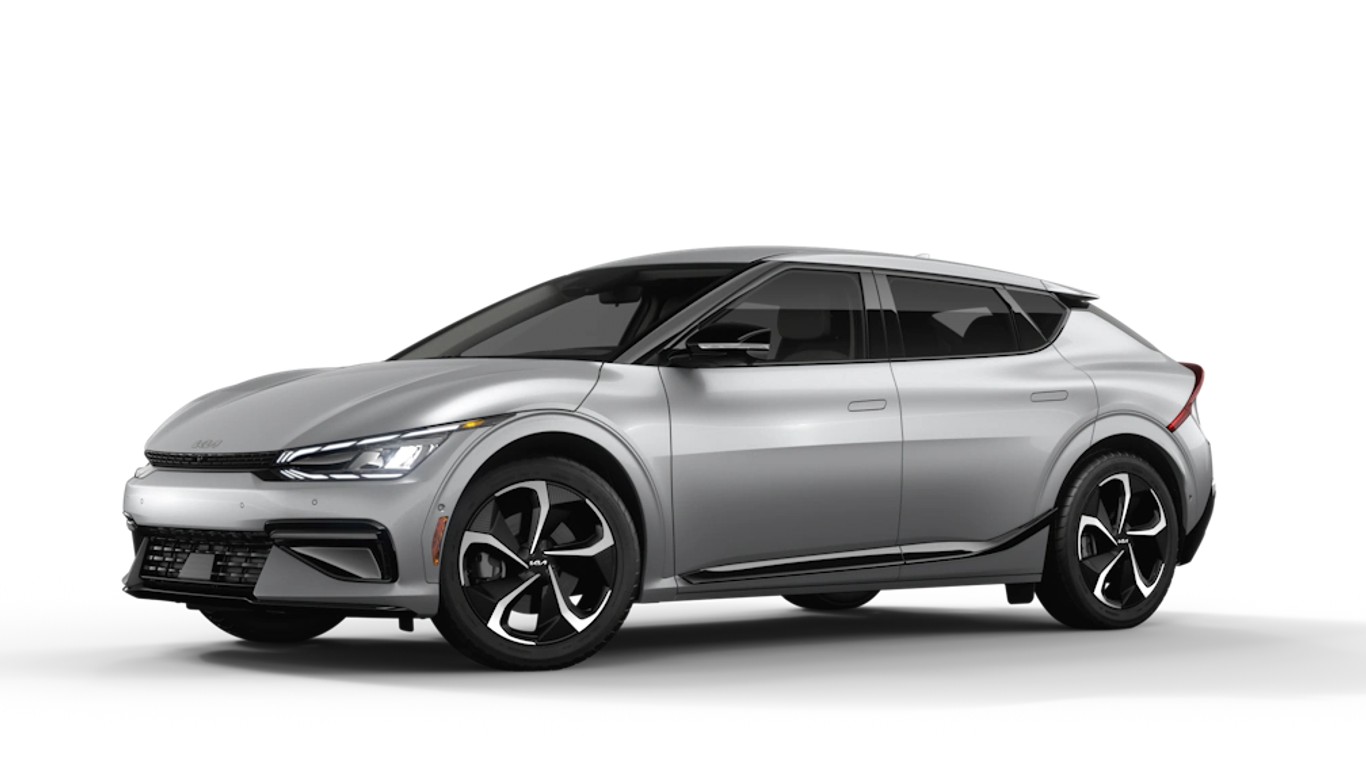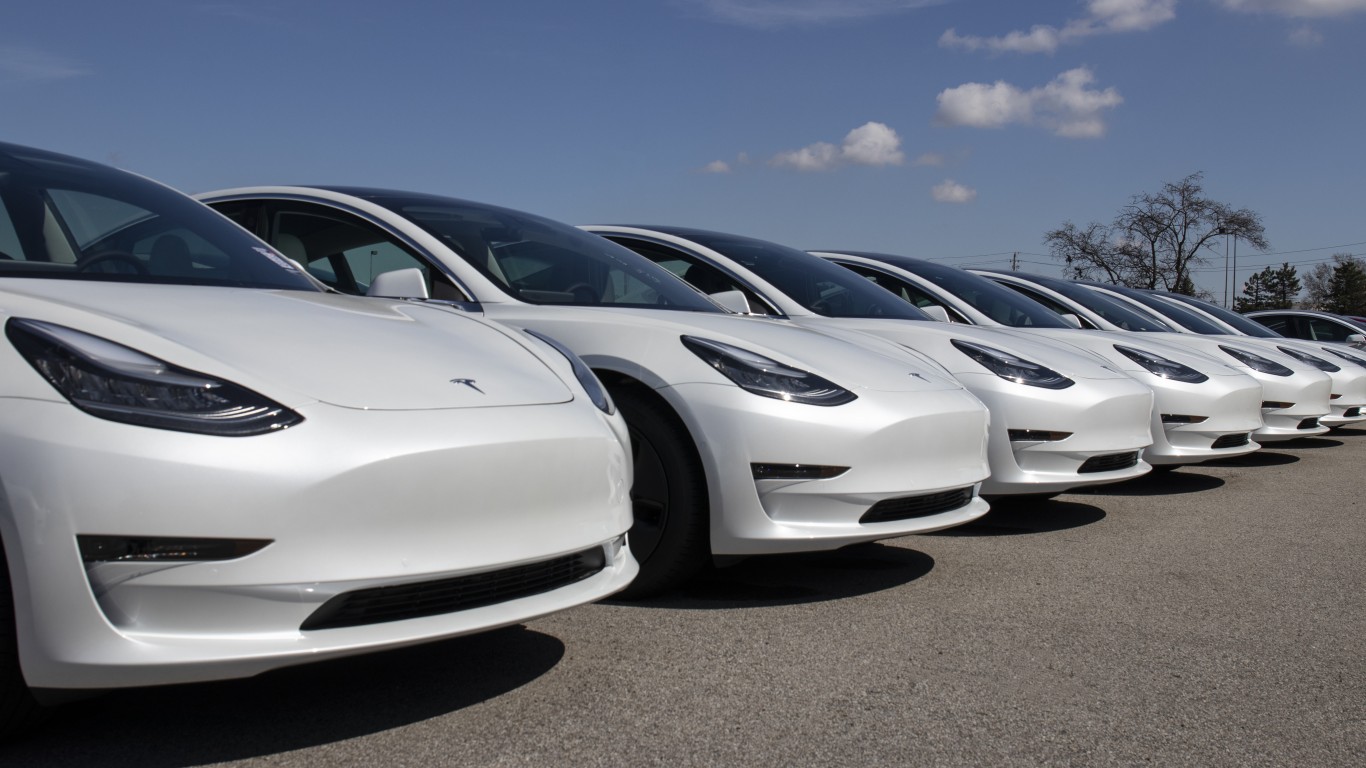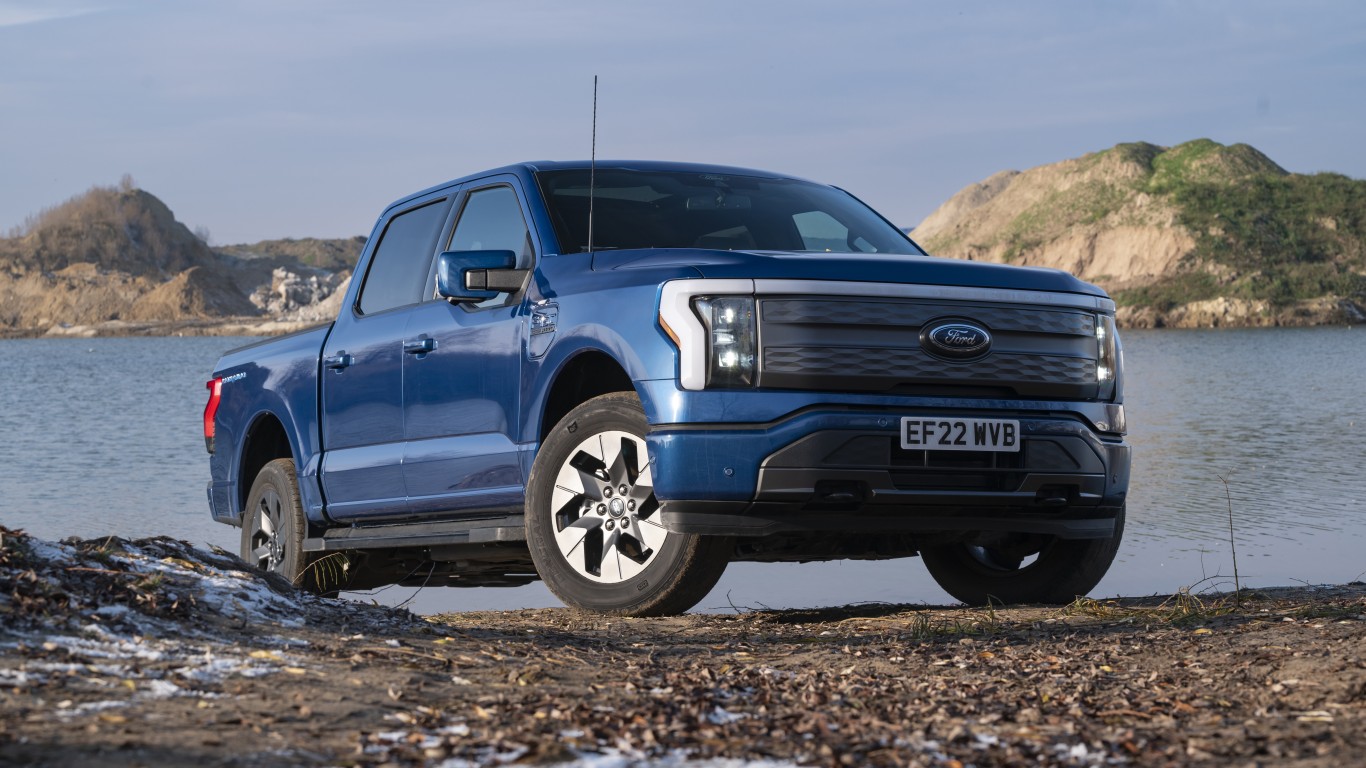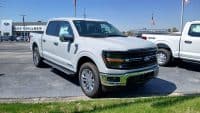
This post may contain links from our sponsors and affiliates, and Flywheel Publishing may receive
compensation for actions taken through them.
Many people cannot buy the car they would like to own. Auto inventory is extraordinarily tight, primarily because of a shortage of semiconductor chips used in the electronics and infotainment systems in cars. Supply chain problems also have meant some manufacturers needed to shutter assembly lines. The problem is so severe that even a strike among the truck drivers that deliver auto parts threatens to make industry inventory even smaller.
Prices have been a barrier for people who can find the car they would like to buy. Dealers have started to raise prices above the manufacturer’s suggested retail price. Ford’s CEO threatened to punish its dealers if they continue the practice. Ford chief Jim Farley stated, “We have very good knowledge of who they are, and their future allocation of [the] product will be directly impacted.”
Drivers have recently held on to cars for record amounts of time. The average age of an American car on the road in 2021 was 12.1 years, according to IHS Markit. That is up from 9.6 years in 2002. One theory of why people hold these cars longer is that they are built better than a generation ago, which suggests that they are more dependable.
Car research leader J.D. Power releases its U.S. Vehicle Dependability Study each year. The just-released 2022 edition is the 33rd year the company has done the research.
The new edition looks at cars people bought in 2019. It catalogs 184 problems that fall into nine categories:
- Climate
- Driving assistance
- Driving experience
- Exterior
- Features/controls/ displays
- Infotainment
- Interior
- Powertrain
- Seats
Summarizing one reason for the study, David Amodeo, director of global automotive at J.D. Power, commented, “Many owners are holding on to their vehicles longer, so long-term dependability is even more critical.”
The primary yardstick of the study is problems per 100 vehicles. The research divides car brands into two categories, mass market and premium. Ironically, mass-market brands averaged 190 problems per 100 vehicles. For premium brands, that figure was a higher 204. The authors believe that the more elaborate electronics and infotainment systems in premium cars may be the reason.
Across all brands, South Korea’s Kia took first place with 145 problems per 100 vehicles. Buick and Hyundai followed closely. Among luxury cars, Genesis, the luxury brand of Hyundai finished first at 155.
The brand with the worst performance was Range Rover, the high-end sport utility vehicle brand, with a score of 284.
These are the most and least dependable car brands in America:

Click here to see which are the fastest-selling cars in America.
Get Ready To Retire (Sponsored)
Start by taking a quick retirement quiz from SmartAsset that will match you with up to 3 financial advisors that serve your area and beyond in 5 minutes, or less.
Each advisor has been vetted by SmartAsset and is held to a fiduciary standard to act in your best interests.
Here’s how it works:
1. Answer SmartAsset advisor match quiz
2. Review your pre-screened matches at your leisure. Check out the advisors’ profiles.
3. Speak with advisors at no cost to you. Have an introductory call on the phone or introduction in person and choose whom to work with in the future
Get started right here.
Thank you for reading! Have some feedback for us?
Contact the 24/7 Wall St. editorial team.



